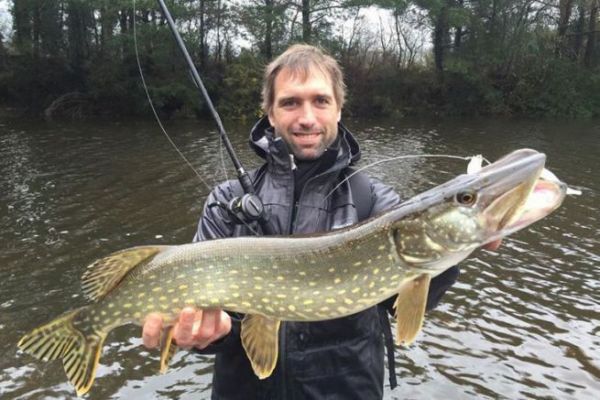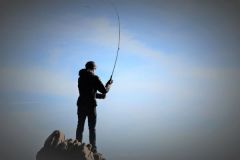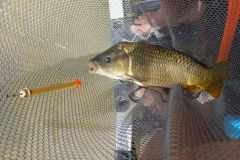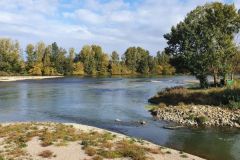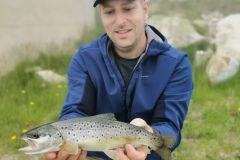In a northerly wind, nothing bites, you have to fish a certain way on a certain spot, you have to fish into the wind, the new moon is better than the full moon, and so on. Beliefs and certainties abound in the world of fishing and condition, or at least orientate, our choices and consequently our practices. If they are a guideline for some, the simple fact of believing and following them reinforces them and elevates them to the status of truths.
Concentration
When we fish in conditions that are reassuring, because they correspond to established beliefs or the fruit of our experience, our ability to concentrate is increased tenfold. As a result, our casts are more precise, our animations finer and our analysis to find the right pattern much more advanced. On the other hand, without falling into fatalism, we believe less in the opposite and consequently invoke the simple pleasure of being at the water's edge to justify our outing, without worrying about the solutions to be found.
So to what extent are our successes and failures linked entirely to the conditions mentioned and not to our degree of "intellectual involvement"?
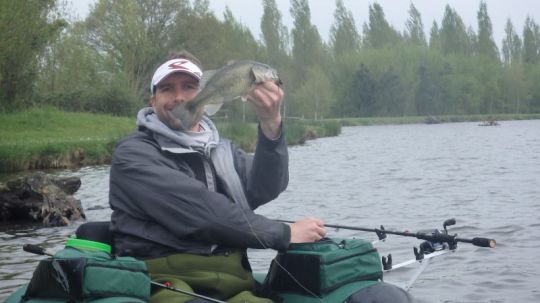
Planning outings
The planning of our outings often depends on our constraints and availability. So when we can, we choose the most favourable conditions and sometimes take advantage of the time available to practice our passion. But we sometimes sacrifice opportunities because of our beliefs and in the hope of being able to keep an extra opportunity to negotiate an outing in other circumstances.
This way of thinking has the effect of reinforcing our certainties, because the fishing memories we have are mainly linked to the "right" conditions chosen. This prevents us from progressing and looking for ways to adapt to the wind, the moon, etc., and no doubt from achieving quite respectable fishing.
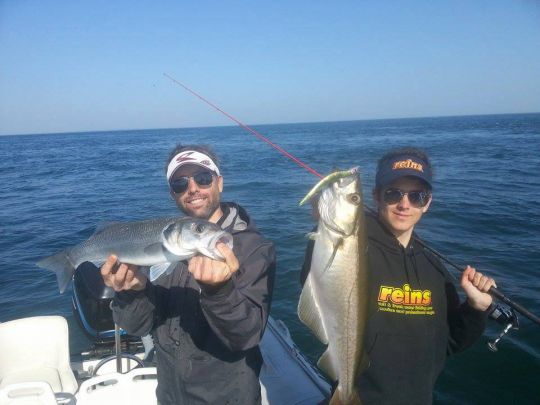
Spotlight selection
Almost all of us have an established judgement about the value of the spots we do or don't frequent, and how to exploit them. Quite often, we start our fishing trips on the spots we believe in the most. If the results are effective, we extend our outing to the other areas we know to be prolific. If not, we often tell ourselves that it's time to prospect, with failures regularly leading us to conclude that this new apparently promising spot isn't... But this is not a very effective strategy, and it reinforces our beliefs insofar as we seek to validate the value of a spot in unfavorable business conditions, rather than the opposite.
In the same way, we often continue to animate our lures mechanically without variety and questioning, because that's how it works here... I've verified it many times, so I'm sure of it!
Sometimes, we even make serious mistakes by approaching an area out of belief... The opposite bank is better, such and such a fish feeds only on the bottom, and so on. We don't explore the edge, or even the different layers of water, for lack of knowledge and certainty.
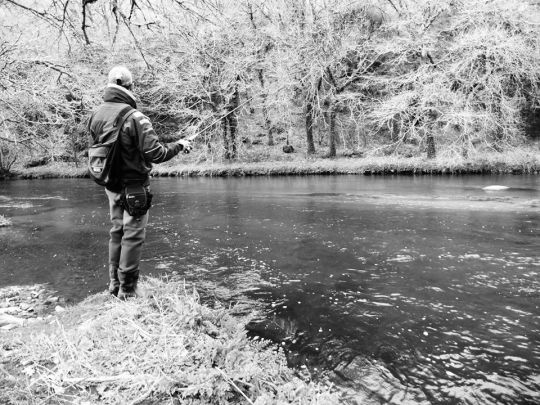
Choosing the right lure
By the same token, lures suffer from the same strategic errors and beliefs. None of us can say that we don't have our favorite lure, and others that lie around at the bottom of our box, because they're totally "ineffective".
All lures can catch fish, provided they are used in the right way, in the right place and at the right time. The strongest condition is that a lure catches fish only and only if it is regularly in the water. What percentage of the time does your favorite lure spend on the end of your line?
But our beliefs often lead us to use the lures we trust the most at the start of a trip, thereby catching fish with them, and to use the outcasts only when nothing works, thus reinforcing their status!
The same goes for sizes, colors and shapes.
Our beliefs and habits condition our choice of lures, and the way we practice reinforces our often erroneous value judgments.
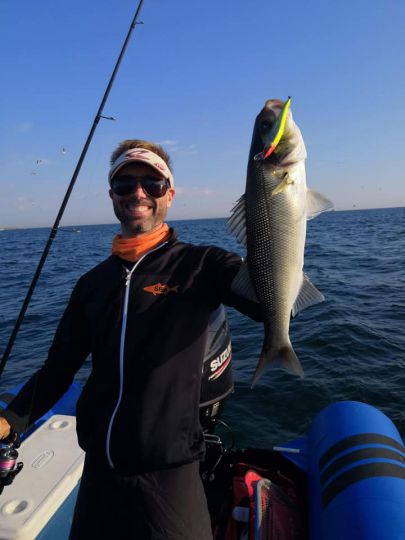
Shaking up habits to break out of beliefs
So should we break these beliefs? Should we continue to follow them for the sake of emotional security? My answer is that if you want to progress, you have to get off the beaten track and force yourself to fish in conditions that don't seem favorable to you, and to organize your discovery of spots and lures in a variety of contexts. This is the only way to develop a sufficient repertoire of responses to adapt to each outing and become more effective!
